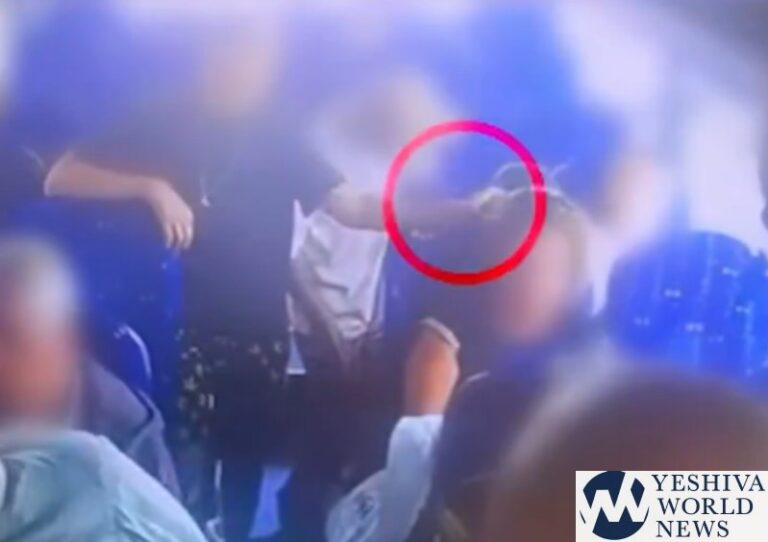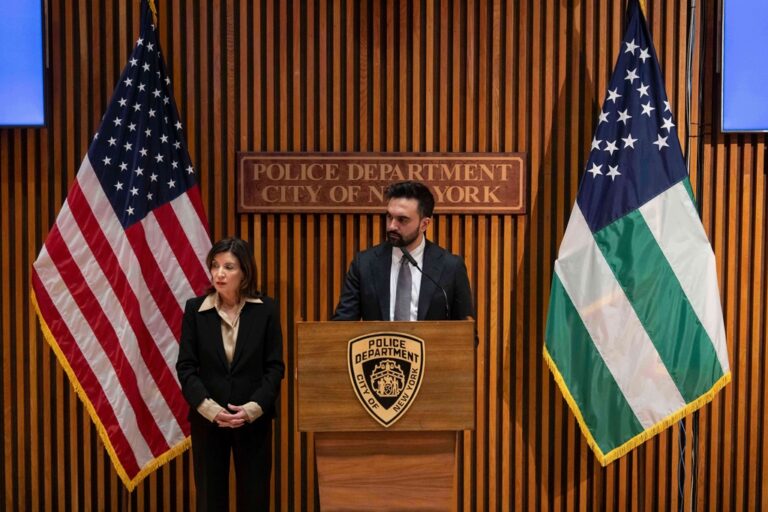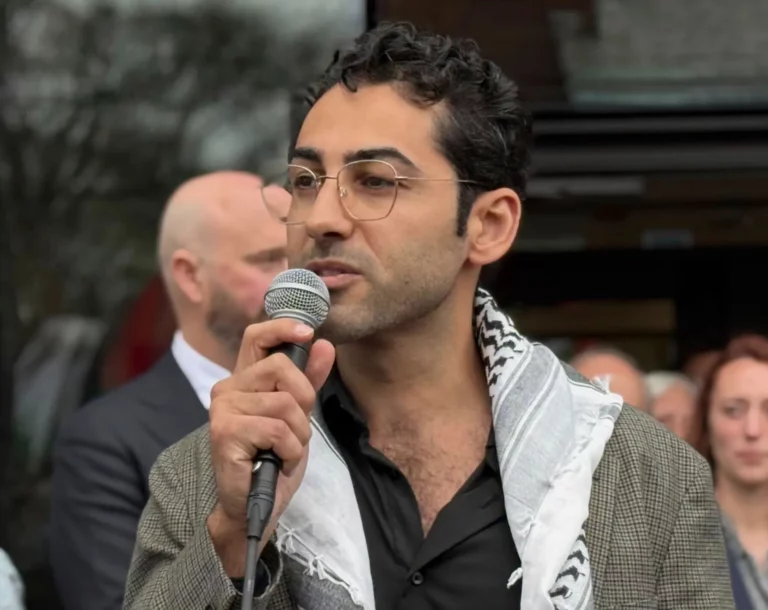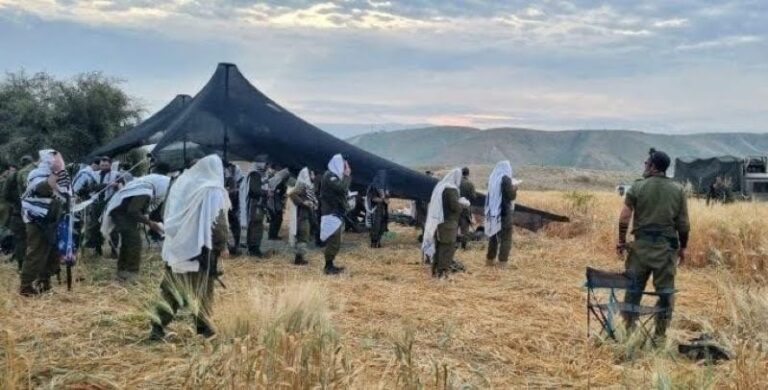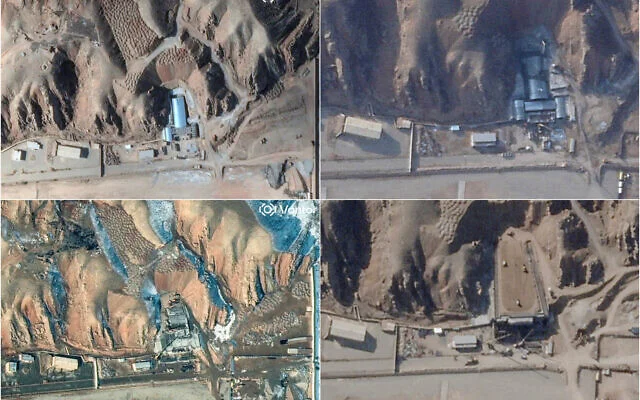This week, “Operation Seventy & Respondents” was completed, led by the Technology & Logistics Division. The operation, which was held in honor of the 70th anniversary of the state, called on citizens to return military equipment, arms, ammunition and, for the first time, historical items. The operation lasted for about a month, from June 17th to July 13th. As part of the operation, more than 100 positions were operating throughout the country to accept returned items, as well as mobile vehicles that arrived at civilian homes and collected personal equipment from them.
The following is a summary of the operation:
Some 400 weapons including pistols, machine guns, submachine guns, assault rifles, a Kalashnikov assault rifle, and more were returned.
1,050,957 pieces of ammunition and 395 items of controlled combat equipment, including optical means, night vision equipment, sights, means of communication, and more were also returned.
- 21,368 items were returned including tents, vests, camouflage equipment, helmets, parachutes and more.
- 4,133 historical items were returned, including maps, Sifrei Torah, operation orders, pictures and more.
- 4,019 applications were received at the Hotline.
The operation contributed operationally and safely to the IDF and the State of Israel, since possession of weapons at home involves a risk.
The equipment returned to the IDF is to be used or destroyed in a secure manner, according to its condition. The historical items are sorted and filed according to need in the IDF History Department.
Head of the Logistics Unit Brigadier-General Nissan Davidi said: “Within the framework of the operation, hundreds of positions were operating for about a month alongside collecting vehicles that were moving around the country, which brought back to the IDF military equipment, weapons and historical items that are important for documenting the history. I congratulate the citizens of Israel on the cooperation and understanding of the operational and safety importance of the operation.”
The following are some of the stories recounted here:
In response to the advertised operation, the widow of Brigadier-General Uri Ben-Ari, Mrs. Milka Ben-Ari. Milka is also the grandmother of the late Ido Ben-Ari, who was killed during a training accident in November. 2016, returned documents and recordings that were kept in their home. Brigadier-General Ben-Ari was commander of the Armored Corps, a diplomat and a writer.
In the framework of the materials, Uri’s 12 workbooks were found, including transcripts and recordings of conferences held after the Six-Day War, during which he served as the brigade commander of Harel, orders and summaries of the large armor exercises that took place in the 1950s and influenced the building the IDF. There were also handwritten documents and recordings of lectures given by commanders in January 1974 about the Yom Kippur War, in which he served as deputy commander of the Southern Command, as well as a manuscript and comments from the writing of his books “After” and “Noa Noa Sof”.
As part of the operation, documents of a brigade intelligence officer from the Yom Kippur War were returned. Among the documents was an explanatory leaflet for the commanders from the outbreak of the war, a diary of the command room in the officer’s handwriting, and two daily reports from the fighting. These pages document the battles of the “Chinese Farm”, armored and infantry battles of the IDF against the armored and mechanized forces of the Egyptian army in the western Sinai Peninsula, from the ninth day until the twelfth day of the Yom Kippur War.
In the framework of the operation, a member of the family of Private David Greenwald came to the IDF 34 years after his death, returning his kit bag and David’s personal belongings that were returned to the family after his death. David was the only son of his father, while his mother had two older brothers. As an only son to his father, he had the right to serve in a rear unit, but he did everything in his power to serve in a combat unit. Finally, David managed to serve in the paratroopers’ unit under the command of Major-General (res.) Yom Tov Samaya. Before his departure for the course, Colonel David was stationed in Lebanon. On the way from Lebanon to Israel when he was in a convoy south of Zahrani on January 12, 1984. Terrorists opened fire on the convoy from an ambush location. David was gravely wounded and died. Among his items were papers he wrote, a briefing on the operation in Lebanon.
(YWN Israel Desk – Jerusalem)



